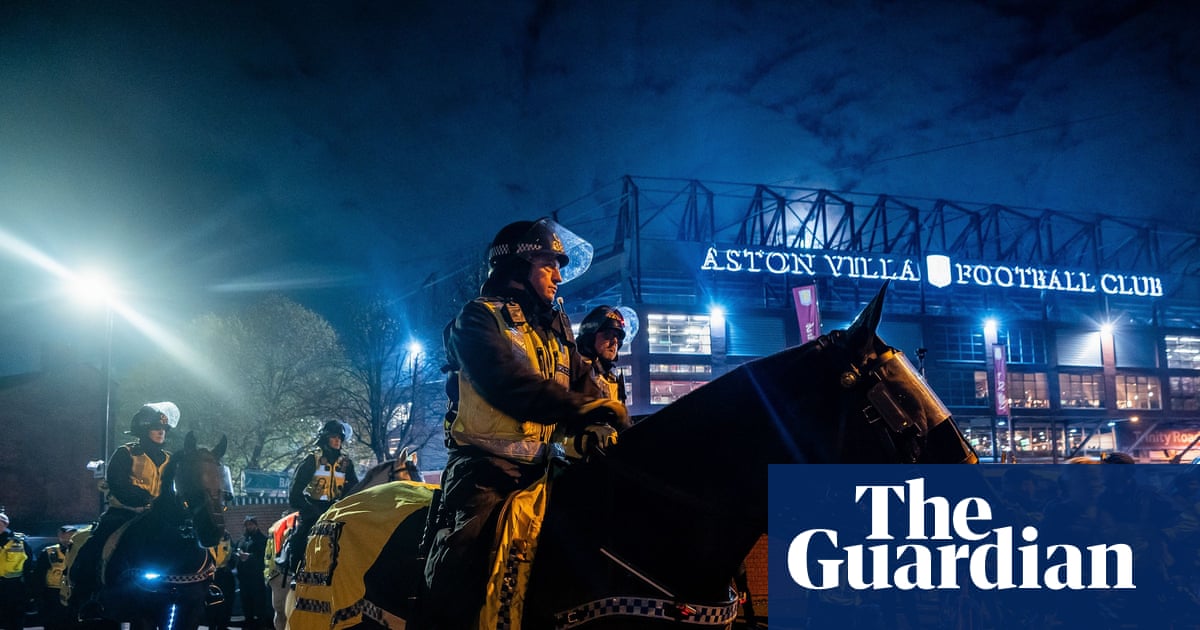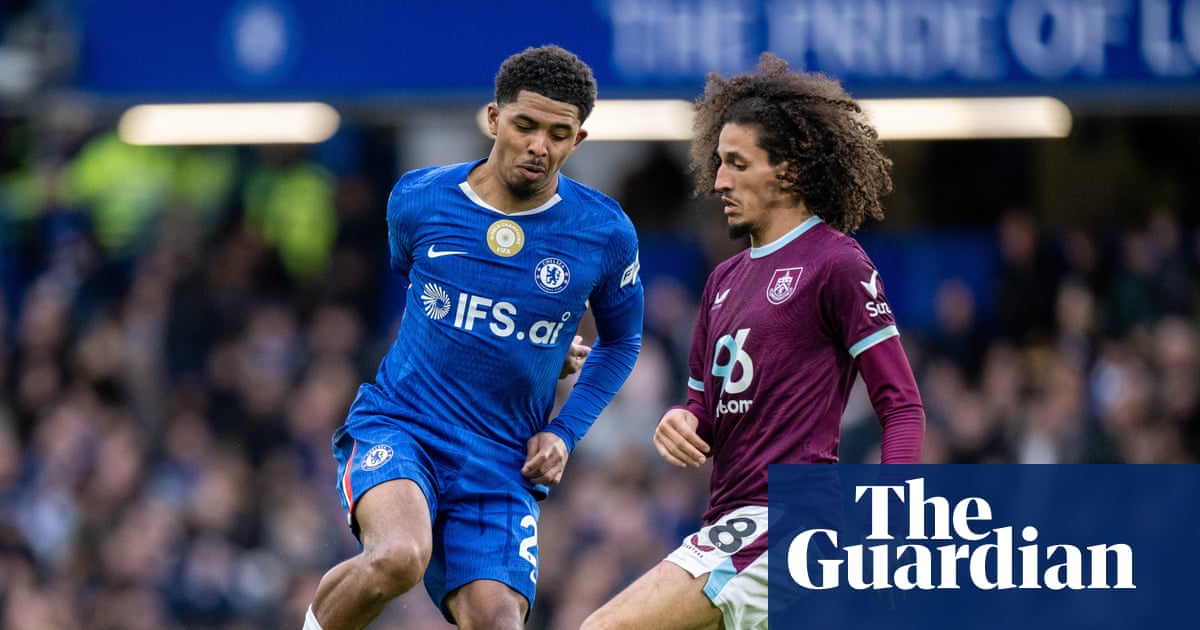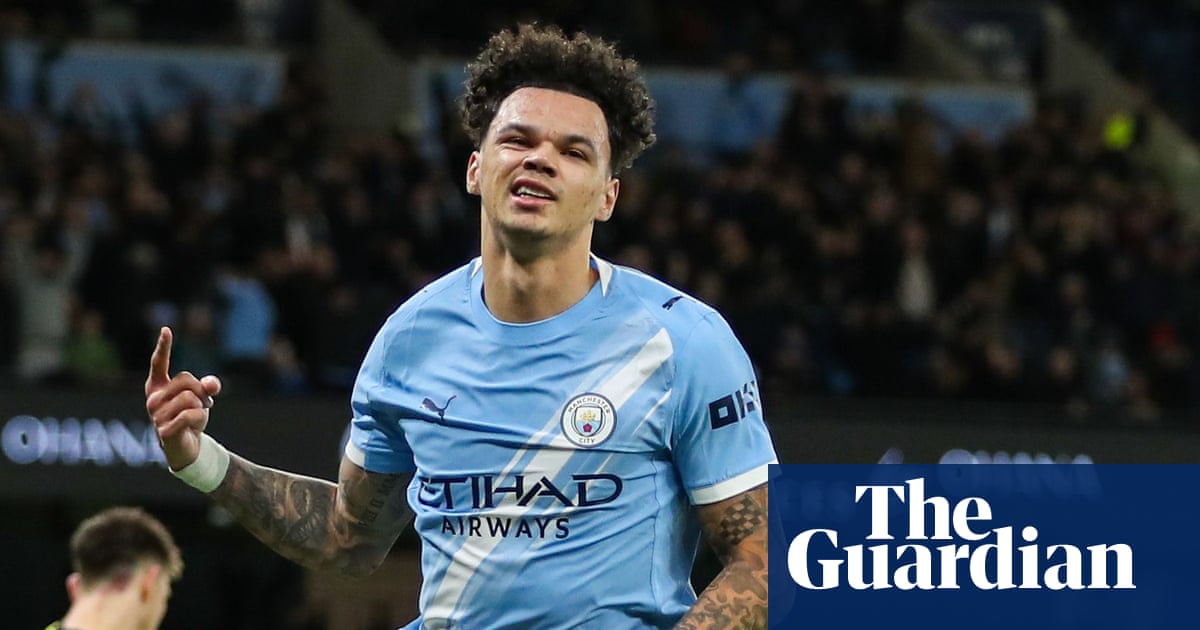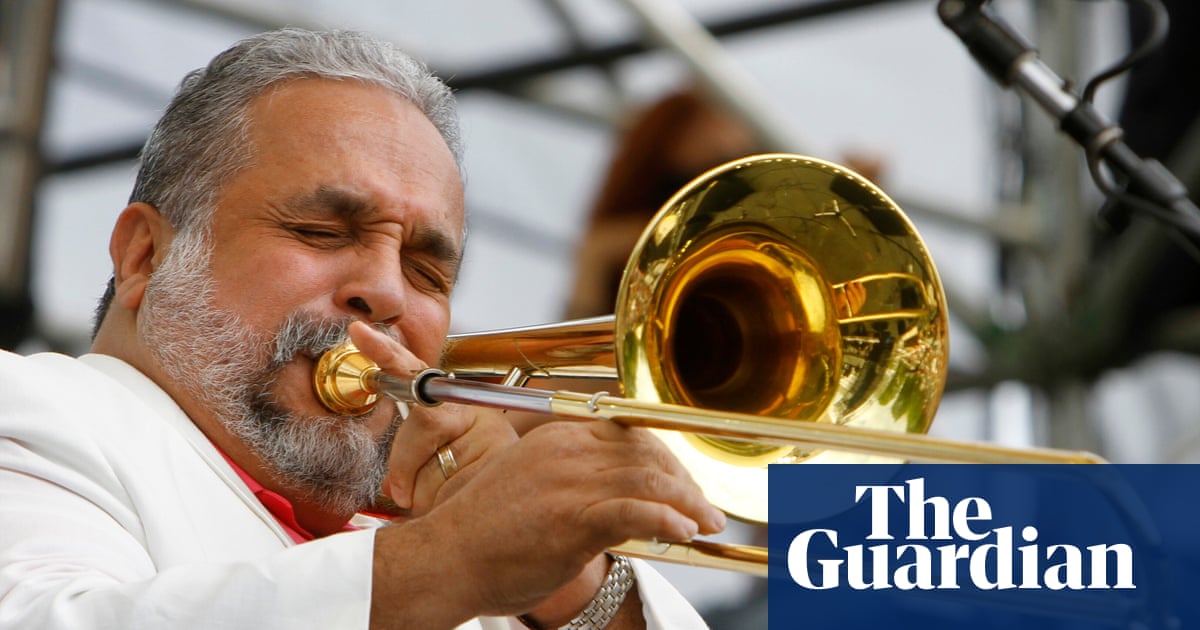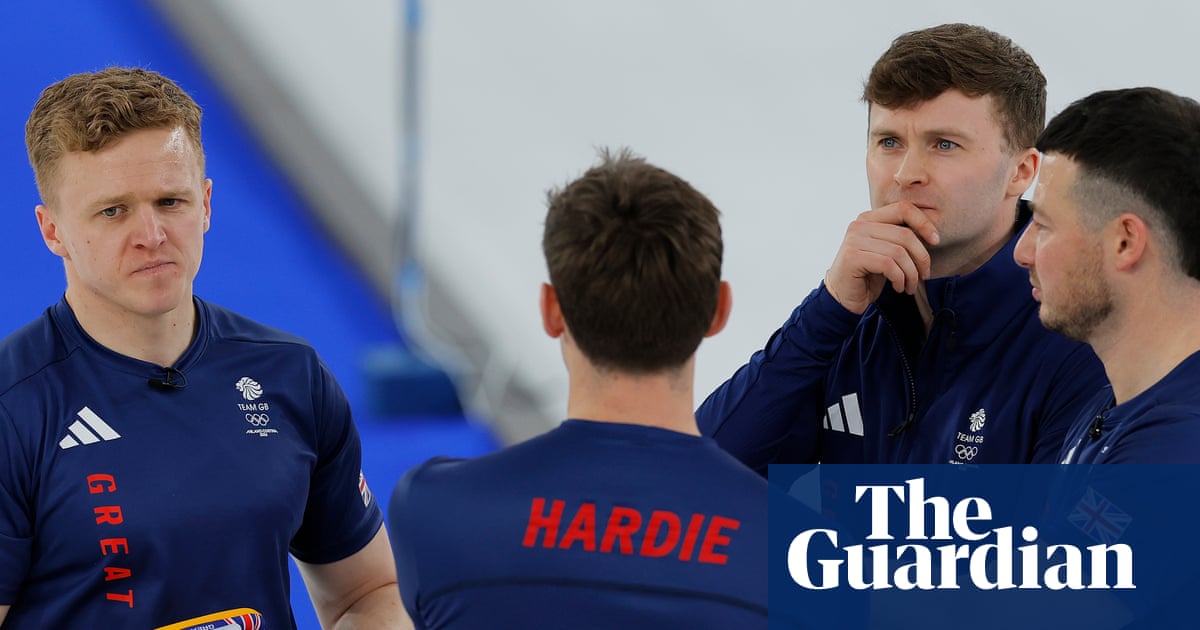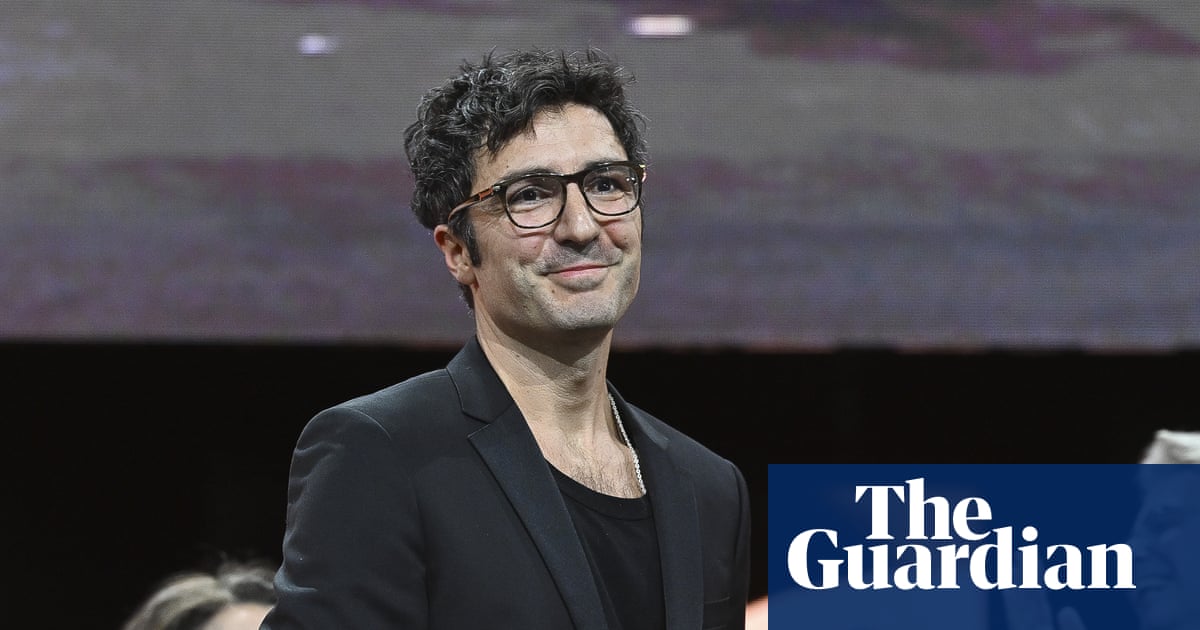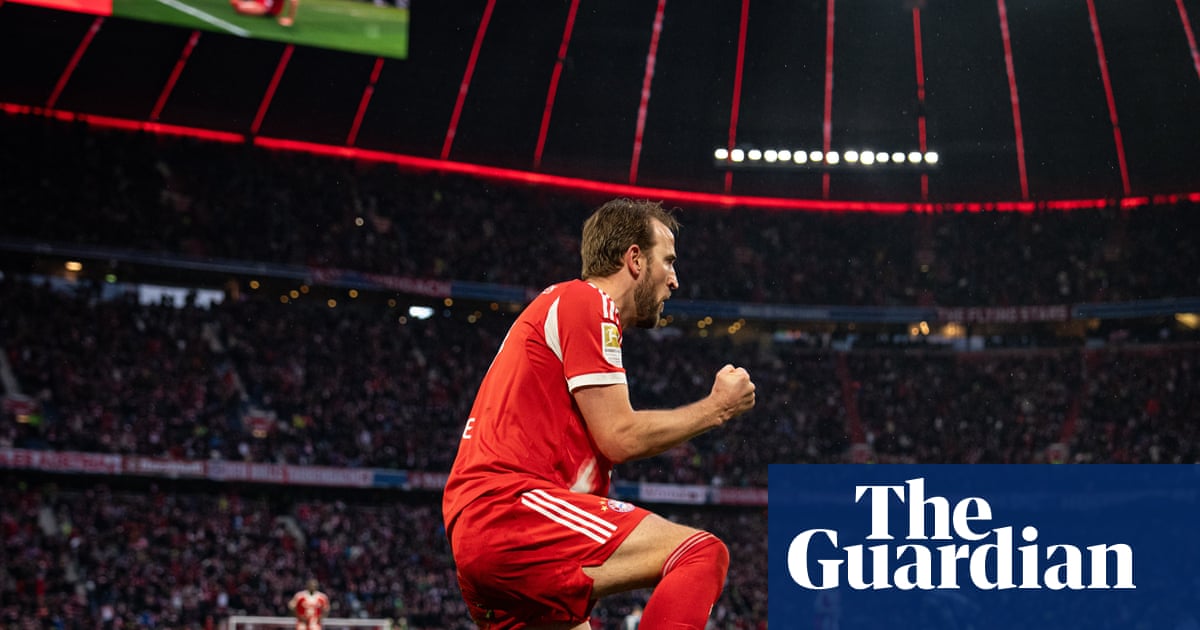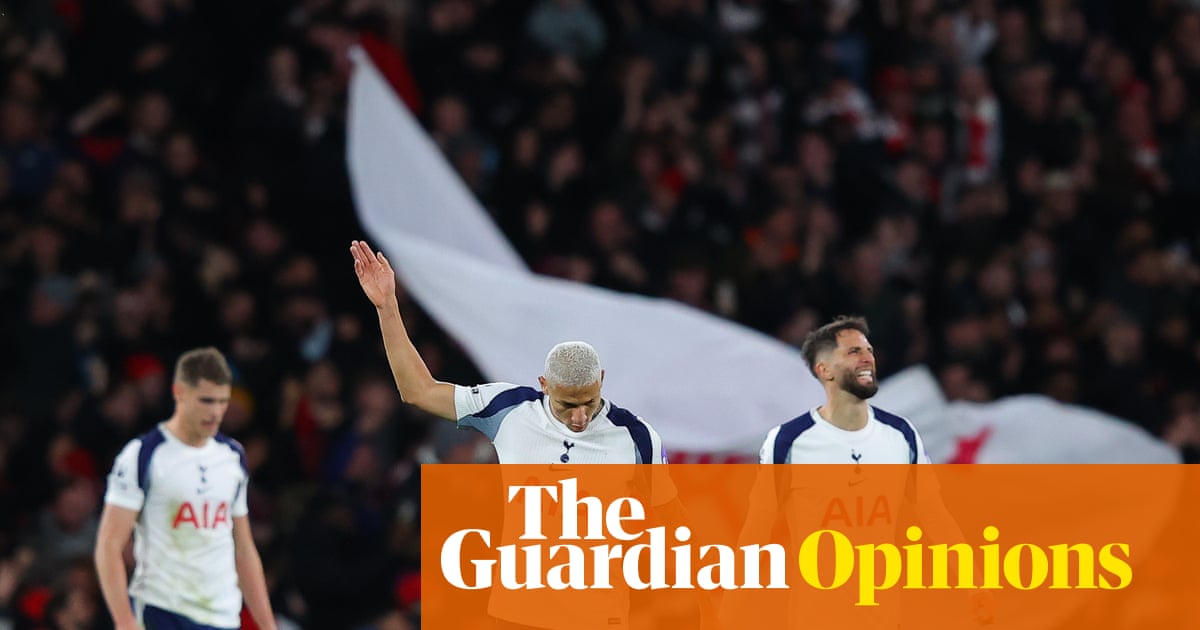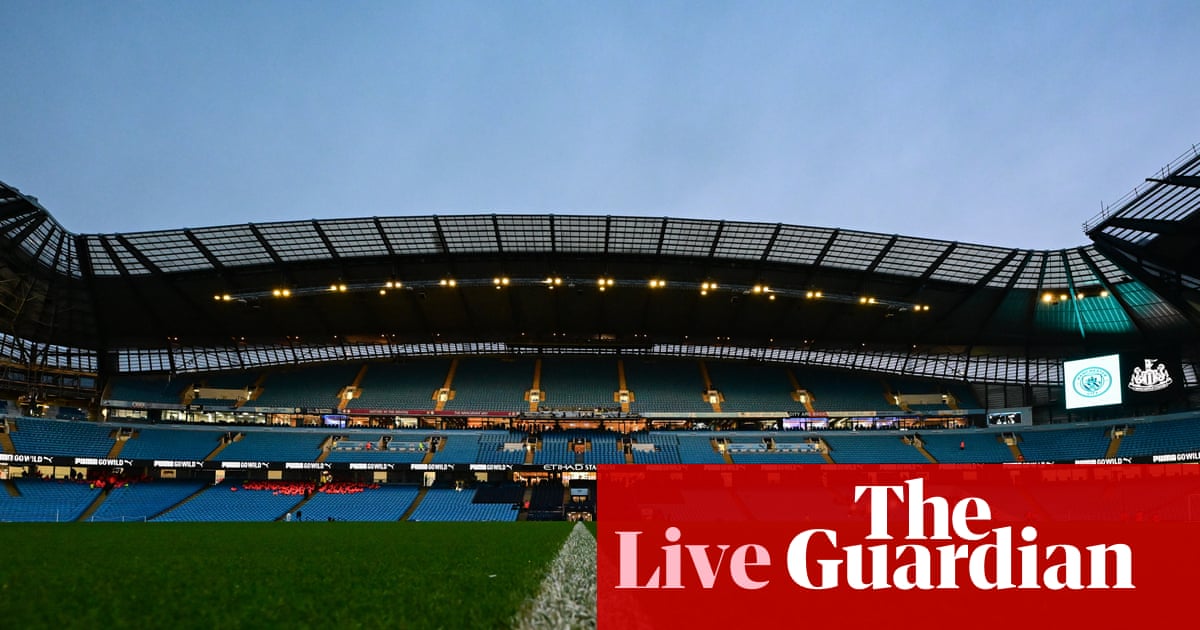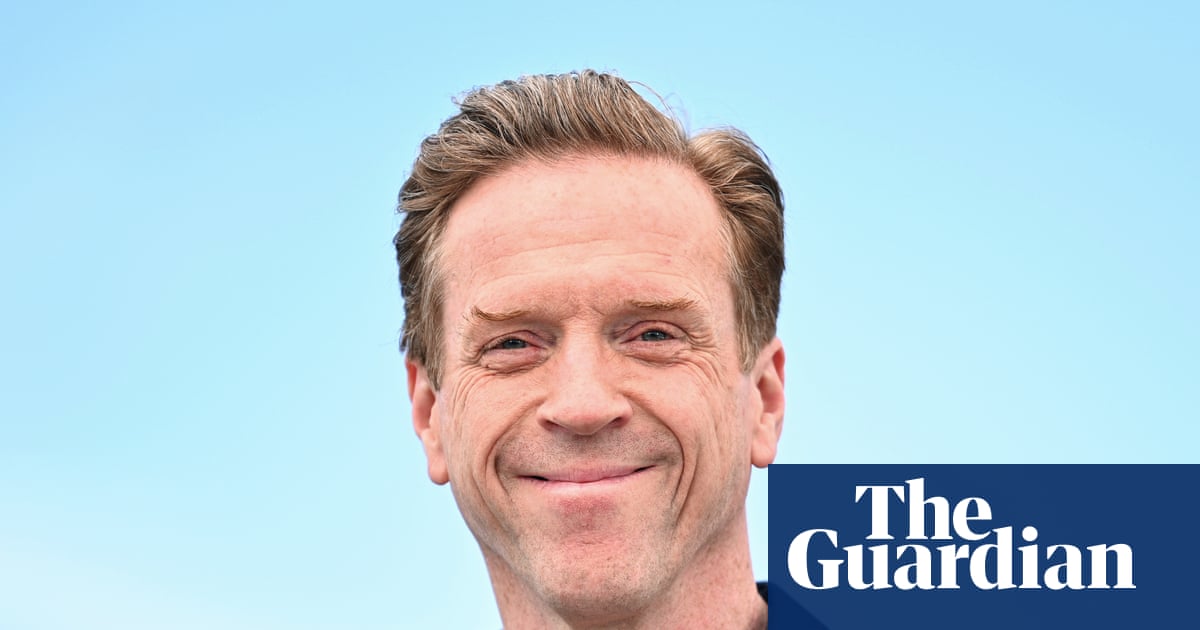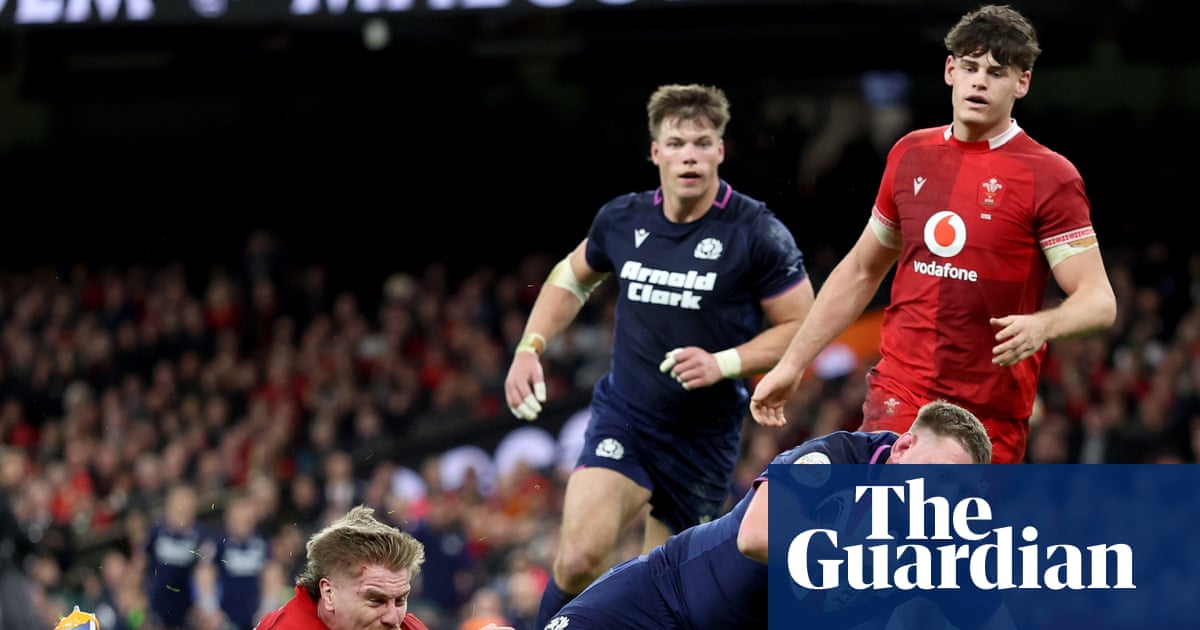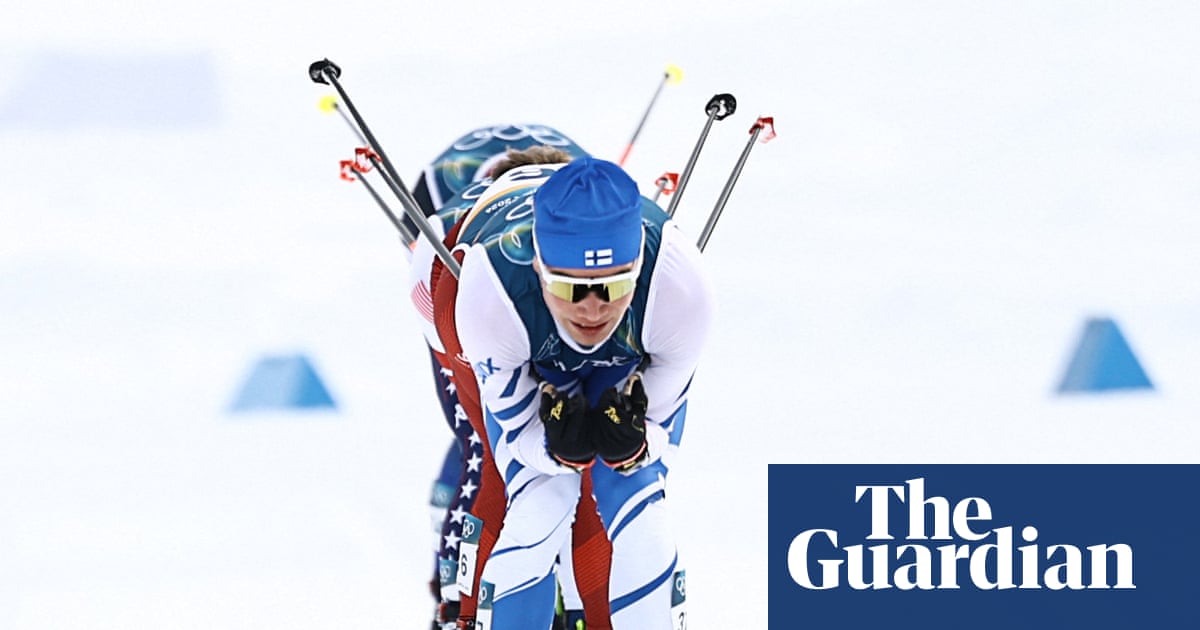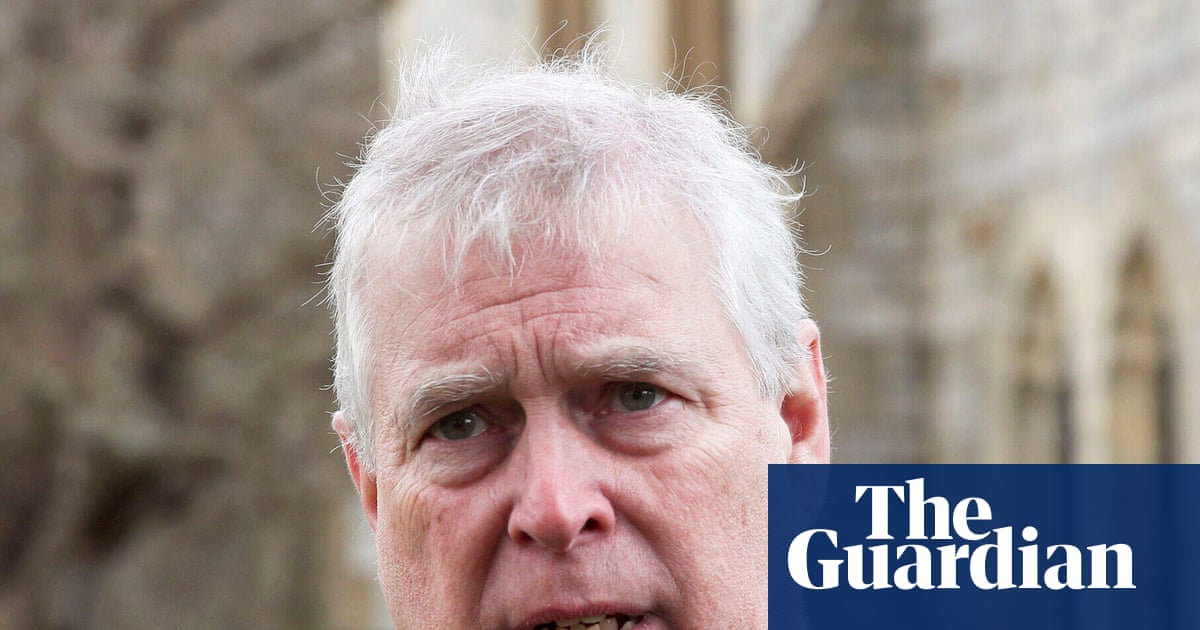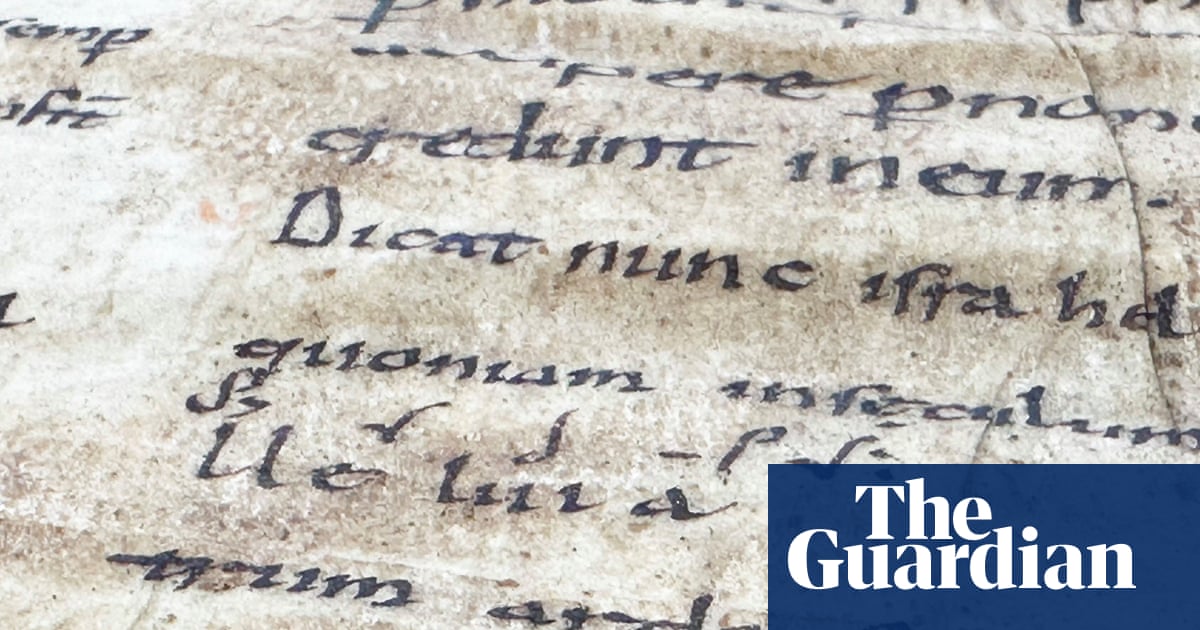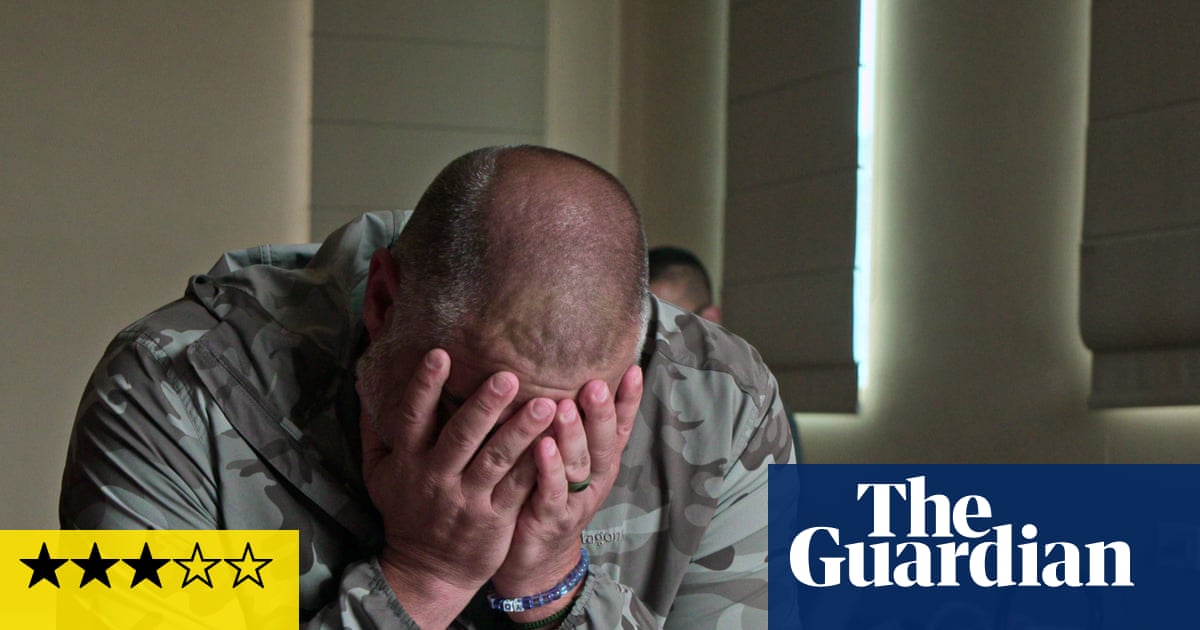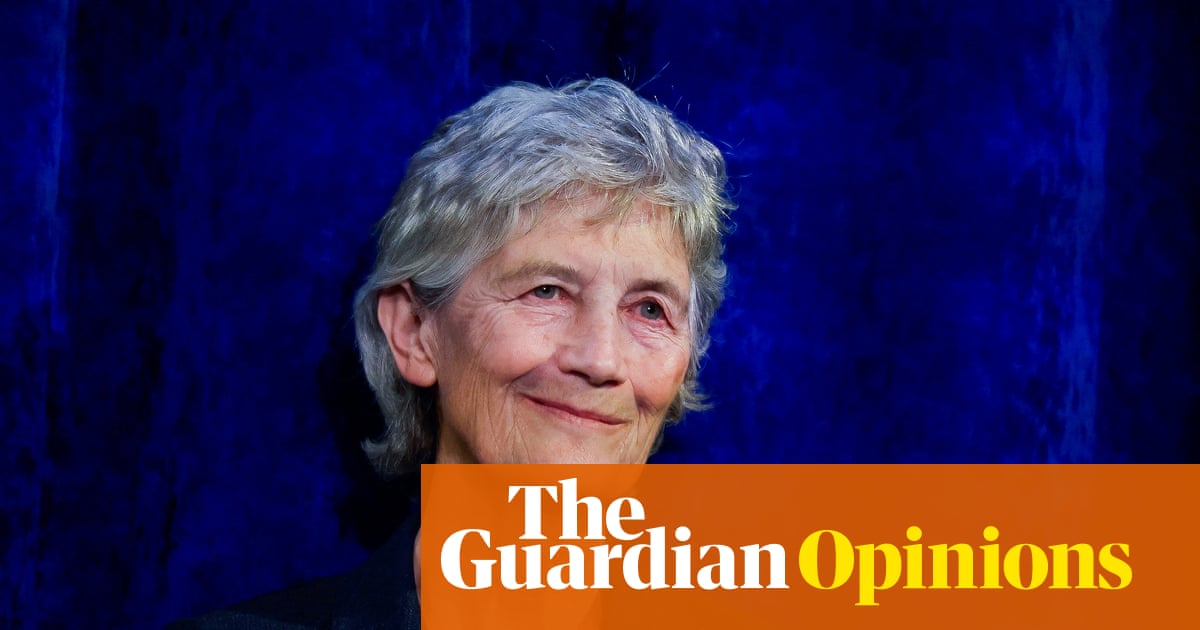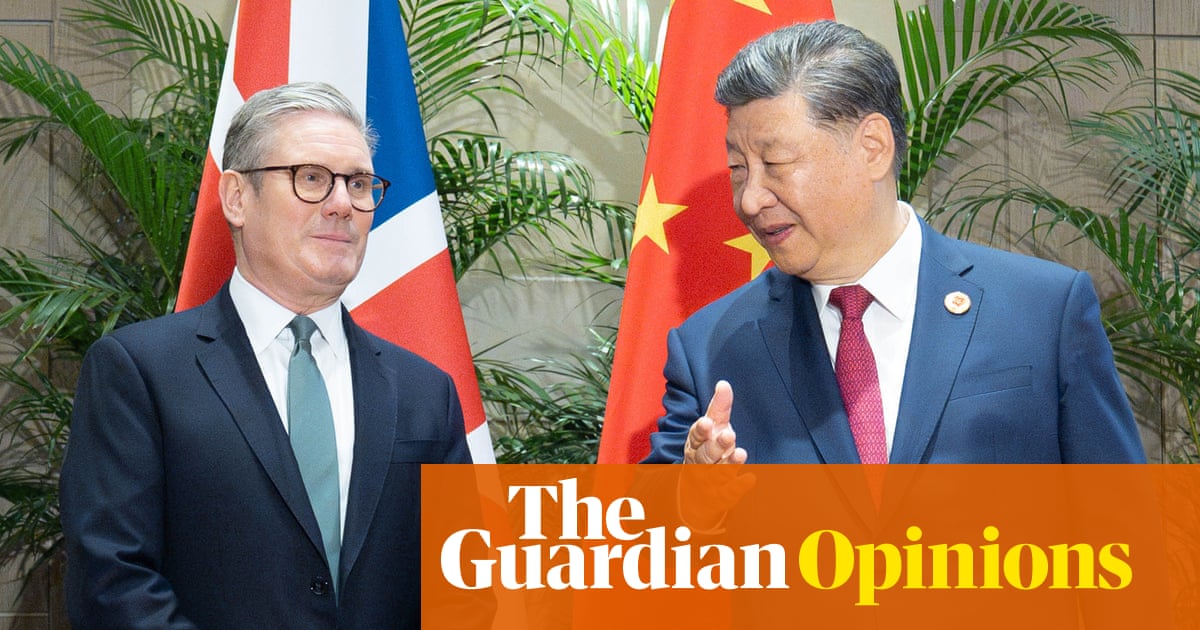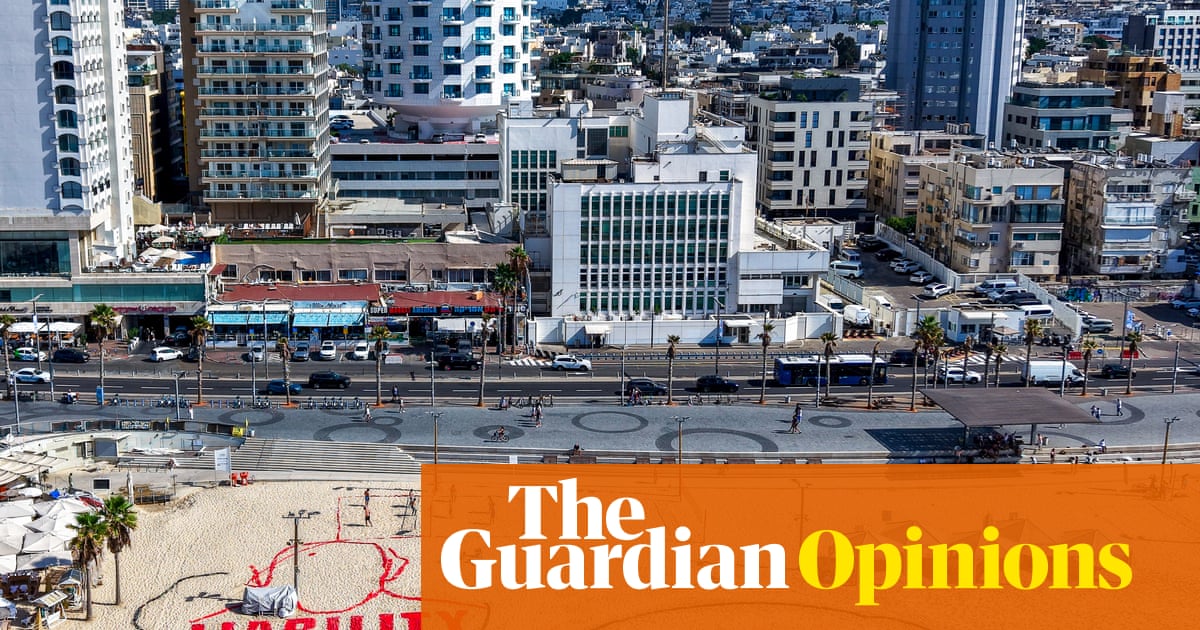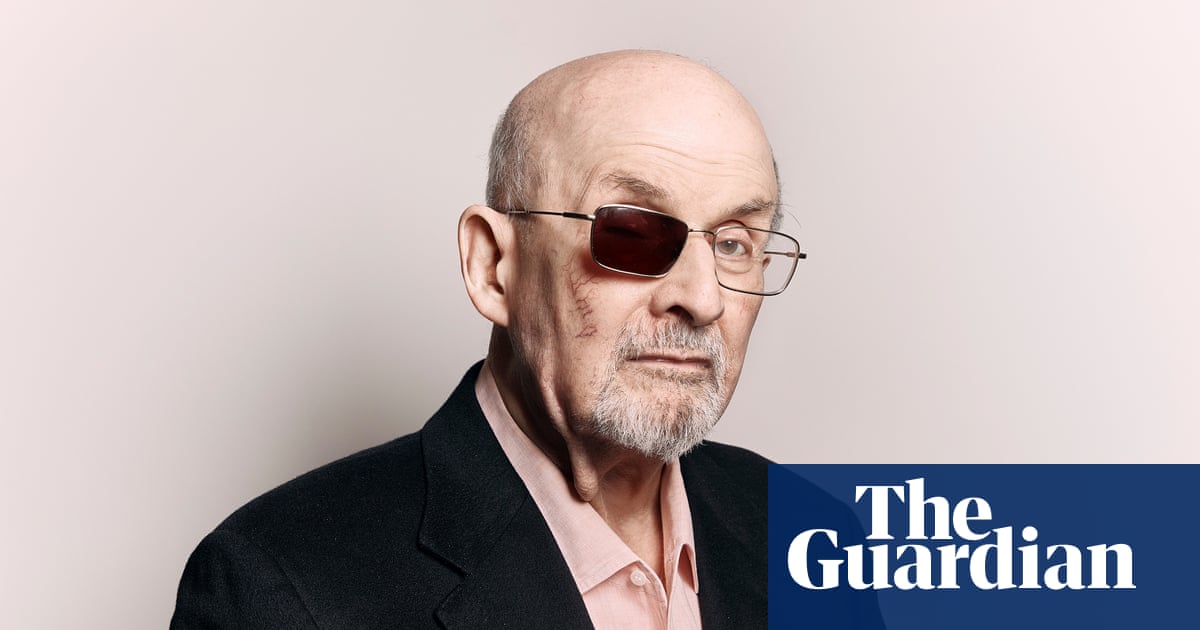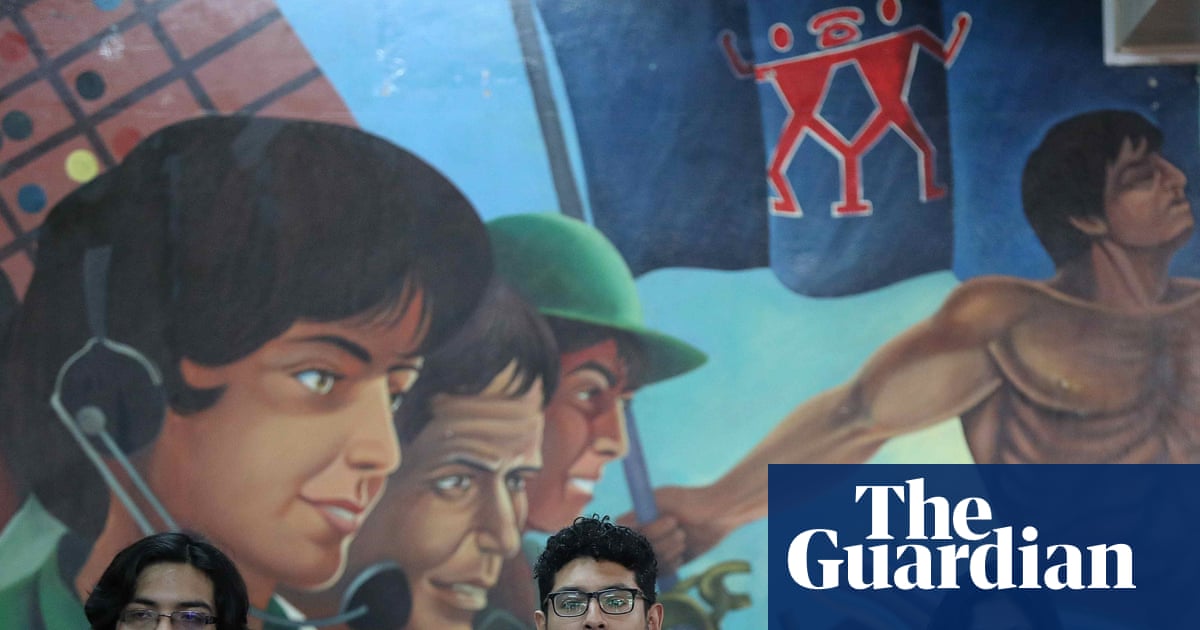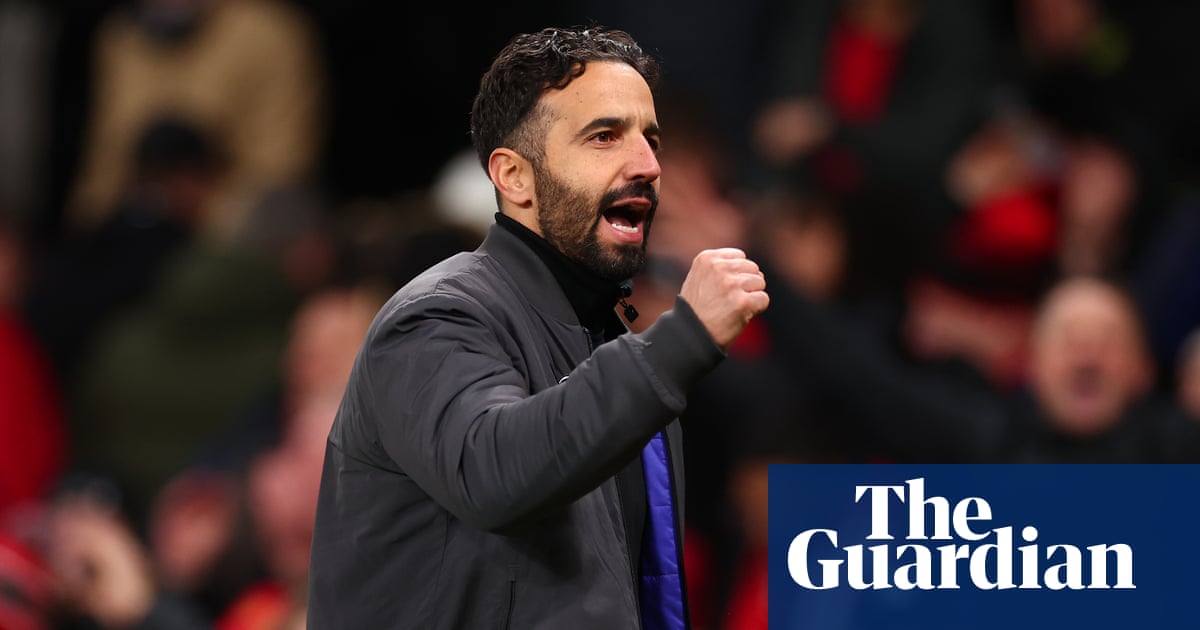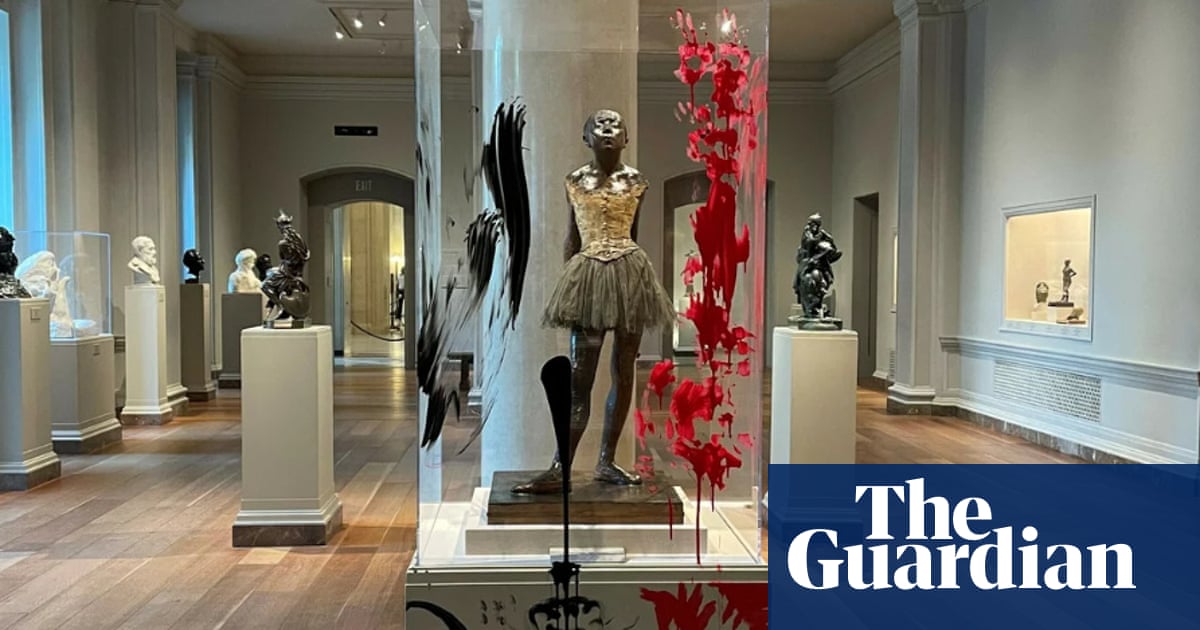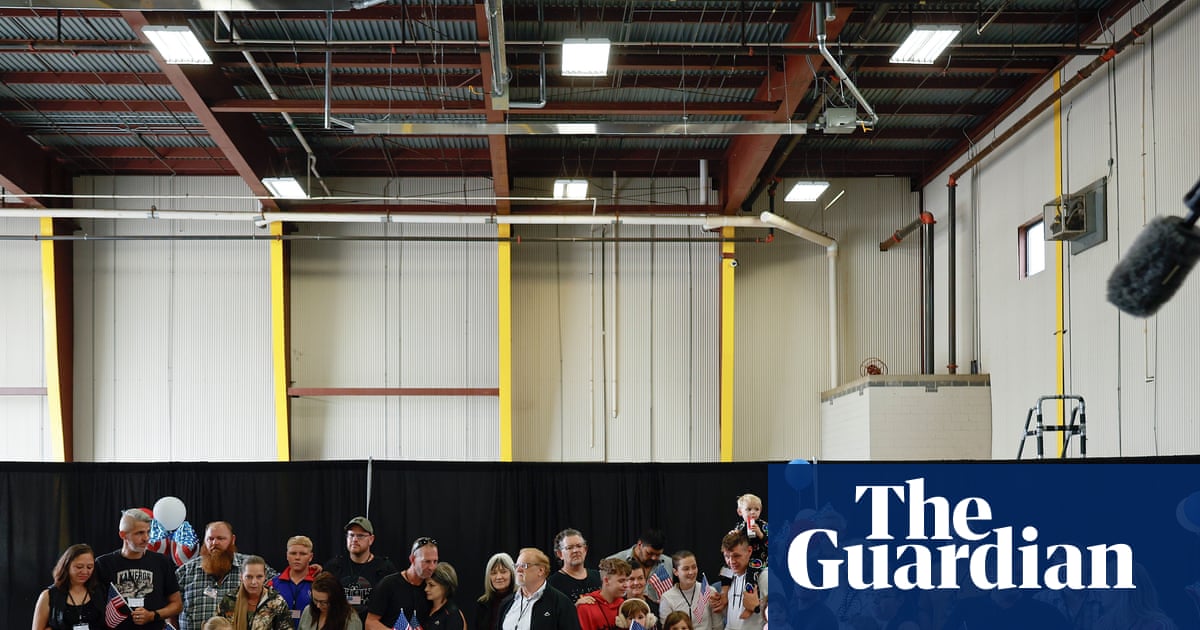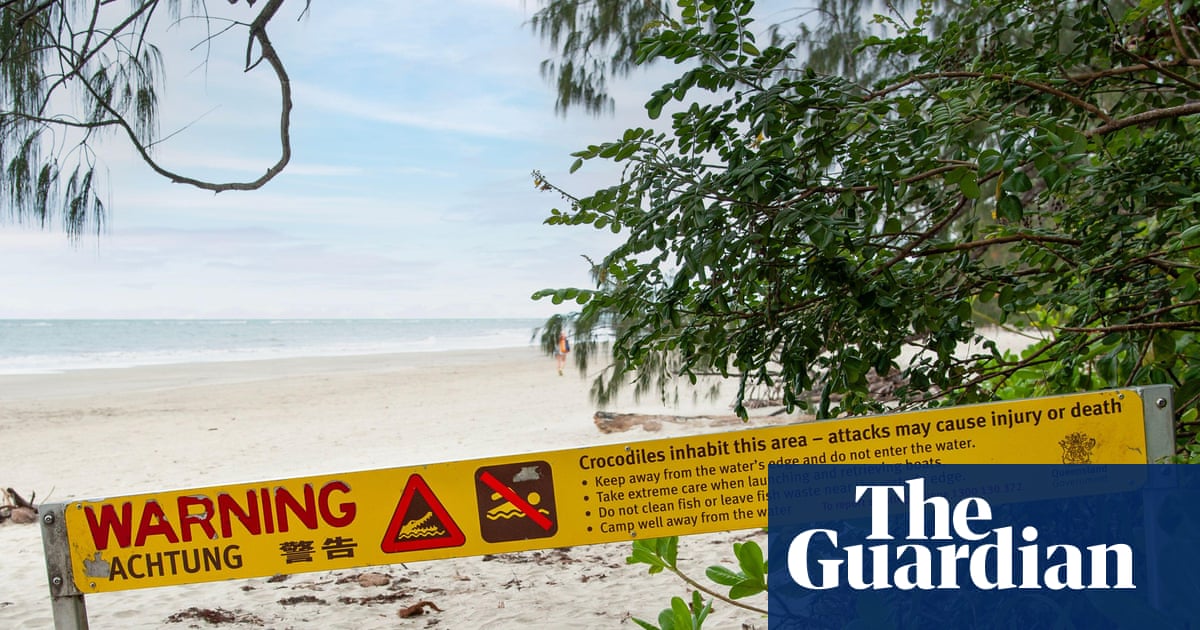The first time Barcelona came to the capital to play Madrid, in the semi-final of the Copa de la Coronación which marked the 16th birthday and ascension to the throne of Alfonso XIII in 1902, there were three Englishmen in the team. Arthur Witty, John Parsons and Henry Morris didn’t score that May afternoon at the Hippodrome, where the teams had tetanus jabs before playing and, according to one Catalan news sheet, they had been distressed at an ungentlemanly and unexpectedly partisan crowd applauding whenever they fell over and going silent when they scored, but they did win 3-1.
Barcelona, after all, had what one paper called “a significant advantage when it came to physical condition and experience”. Born in Catalonia, Witty and Parsons had been founder members of the club three years earlier; Morris, actually Enrique, was born in Manilla to an English father and Spanish mother, had played for a couple of clubs in the city where he had arrived with his family aged 10 and was essentially a ringer. And they had two Swiss players and a German as well. Founded by two Catalan brothers two months earlier, Madrid were not yet Real and hadn’t been playing long. Most of them hadn’t, at least.
The goal, Madrid’s first competitive strike and the first anyone scored in a clásico even if no one called it that for a hundred years, was scored by Arthur Johnson, an “ingles” born in a Dublin still under UK rule. The day’s outstanding player and Madrid’s only foreigner, he became their coach and his instructions on how to play “foot-ball” published in El Heraldo included such gems as: “players should be more agile in retrieving the ball when it goes out of play; if this is done, an hour or an hour and a half would be enough, instead of the two or three currently used, mostly taken up with smoking, chatting, etc.”
It was worth listening to Mr Johnson, the paper insisted, because of his experience with “English teams”. In those formative years of football, which was not yet a sport for the masses, players from the British isles were assumed to be the best, the influence everywhere. But it didn’t last for ever. By the time the Spanish league was founded in 1929, almost all the players had gone. Witty, Parsons, Morris and Johnson had been there at the beginning, a society event to start it all off, but in none of La Liga’s 192 derbi meetings have any British players faced each other. Just about everything else has happened, but not that. On Sunday, a mile north of where the Hippodrome stood, at last it will.
“It’s the biggest game in football,” Marcus Rashford says.
Against him will be Jude Bellingham. If Trent Alexander-Arnold gets the all-clear, declared fit after a month out with a hamstring injury, he may play there too, although he is unlikely to start. Rashford and Bellingham have played together 12 times but not against each other. Spain’s first division has never had so many Englishmen – Conor Gallagher is at Atlético Madrid, Ovie Ejaria at Real Oviedo, Tyrhys Dolan at Espanyol and Abu Kamara at Getafe – and there have never been Englishmen at Madrid and Barcelona at the same time.
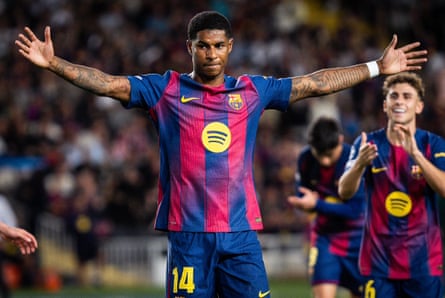
This summer Rashford became the first to play for Barcelona since Gary Lineker (Marcus McGuane and Louie Barry didn’t make first-team debuts). By the time Lineker arrived, Laurie Cunningham, the first Madrid player of the La Liga era, had long gone; as had Lineker by the time Steve McManaman arrived at the Bernabéu in 1999, followed later by David Beckham, Jonathan Woodgate and Michael Owen. Lineker, who joined Steve Archibald at the Camp Nou and was later joined by Mark Hughes, scored a clásico hat-trick in January 1987; a fortnight later, he got four for England at the Bernabéu. “And that,” he says, “is when it dawned on me that I was good at this.”
Arriving in Spain offered Bellingham a chance to show just how good he could be, La Liga’s outstanding player in his debut season, which ended with him winning the Champions League. For Rashford, it is an opportunity to remind himself, and everyone else, that he could still be good at this. He had needed it. “It’s not the first time I spoke to Barcelona about the possibility of coming and for whatever reason it didn’t happen in the past and now it’s my opportunity,” he told ESPN’s Martin Ainstein on the eve of this clásico.
“It’s difficult to put your finger on what it was. In my mind it’s so many years in one place. People forget this but 23 years of my life was with Manchester United. Sometimes you just need a change. Maybe this is the case with me. I don’t think there’s much change in me; it’s just a new environment, a new culture.” Sometimes for all the analysis, there’s something more simple, more human. “I’m enjoying it here,” Rashford said.
On evidence so far, it has been good for him and he has been good for them. Better, in truth, than even they might have expected. Rashford is a player Barcelona had approached before but they had also pursued Nico Williams and Luis Díaz. He came, at least initially, to bring versatility and back-up to a forward line that they felt had been overused last season, able at least in theory to fill in on the right, the left or in the middle. Although he came on loan, Rashford still had to wait for his registration to be completed, something about which Hansi Flick had admitted he was unhappy; now Rashford offers a simple reply that says it all when asked whether he would like to extend his stay: “Oh yeah, for sure.”
They would like him to as well. With Lamine Yamal, Robert Lewandowski, Raphinha and even Ferran Torres picking up injuries, Rashford has played more than expected – he has started more league games than all of them except Torres – and mostly from his preferred left-side position. And although Raphinha has been missed and looks unlikely to make the clasico, the good news is that doubts over the Englishman’s adaptation and his ability to play in tighter spaces have been largely allayed. There have been five goals and six assists in 12 games. On Tuesday, he scored two more and provided an assist in a 6-1 win over Olympiakos, something about the calmness of his finishing that spoke of quality and of comfort too, an unexpected ease about him.
The following evening, Bellingham scored the only goal in Madrid’s 1-0 victory over Juventus, this meeting neatly set up. Like Rashford, there was something in how he finished his goal – something in where he finished it, back in that advanced position he occupied during his first season – and he had needed it too. Which might sound a little strange for a player who has been a gigantic success in Spain, but there had been signs of frustration over the past few months. The strapping he wore on a shoulder for more than a year weighing heavy, he had been withdrawn from the role where he had been a revelation and laboured under a collective malaise. The man who had twice scored the clásico winner in his first season, played every minute of the four they lost last term. Aggregate score: 16-7.
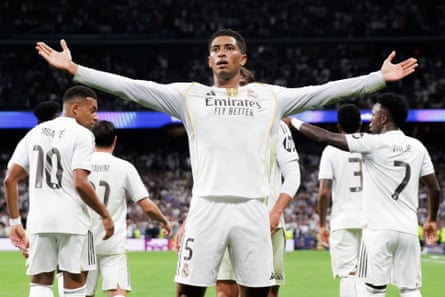
Bellingham was finally operated on at the end of the Club World Cup – it had taken a long while to find the right time to go under the knife – and it took until the derby against Atlético for him to return to the starting XI … and Madrid, unbeaten until then, promptly lost 5-2. They had been building a structure in his absence and his hurried return shifted that, meaning that Xabi Alonso stood accused, however unfairly, and so did his midfielder. The coach in effect admitted that if he could do it again, he would not have included Bellingham then, which didn’t mean he wouldn’t start again.
He did though sit out the next two matches and wasn’t included in the England squad, a recognition that he wasn’t ready and an opportunity to prepare properly. He began against Getafe and then against Juventus, given the chance to start over. The goal on Wednesday was his first at the Bernabéu since April Fool’s Day, and just in time for the biggest match of all. “I liked him in Getafe and I liked him today, and on top of that goal he scored,” Alonso said. “He’s one of the most complete players in the world. What I want is for him to participate and be as effective as possible.”
Bellingham said: “I didn’t think last year was a disaster: it was still 15 goals, 14 assists. But I know the general feeling was that it was worse. I was a part of that, [of] how we didn’t play as well last year. There were still good moments but not the level I want to play at, not the level like the first year. Now I’ve had my shoulder surgery, [there’s] a new manager, he’s got that shape, how we want to play.”
And so to the game that tends to define every season, given an extra dimension this time. Madrid against Barcelona, the greatest rivals in sport, first against second, Kylian Mbappé against Lamine Yamal, and Bellingham against Rashford, some far corner of a foreign field waiting perhaps to become for ever England, history made and to be made 123 years on from the Hippodrome. “I’m from Manchester and when I was young we watched el clásico,” Rashford said. “But to make the experience memorable, I have to help the team win.”

 3 months ago
83
3 months ago
83

